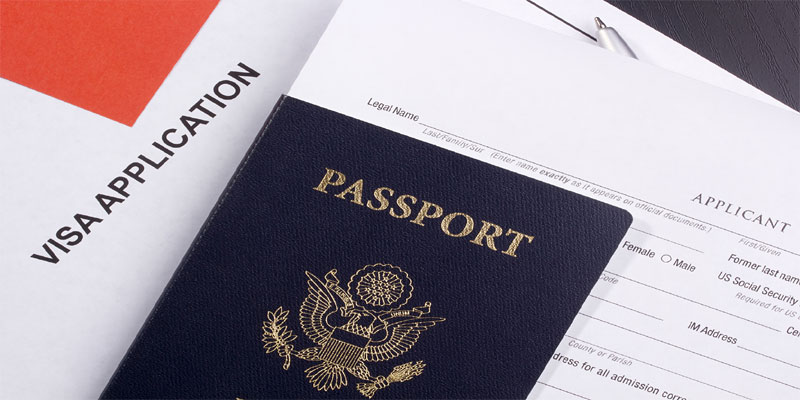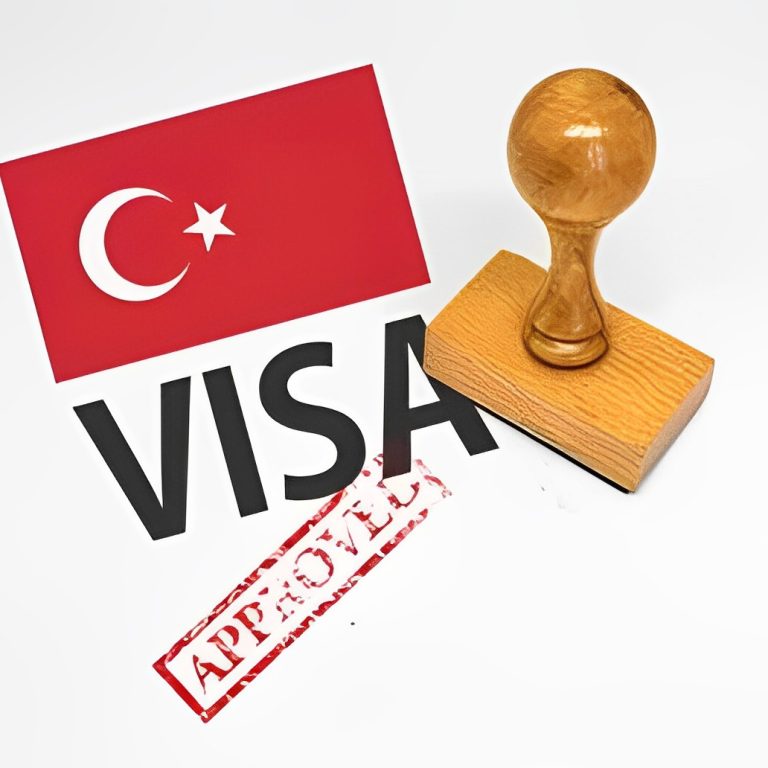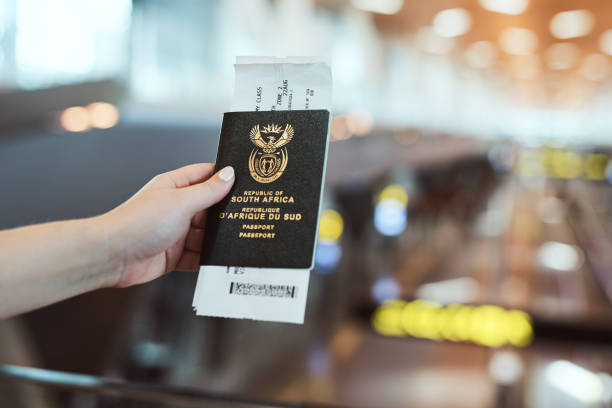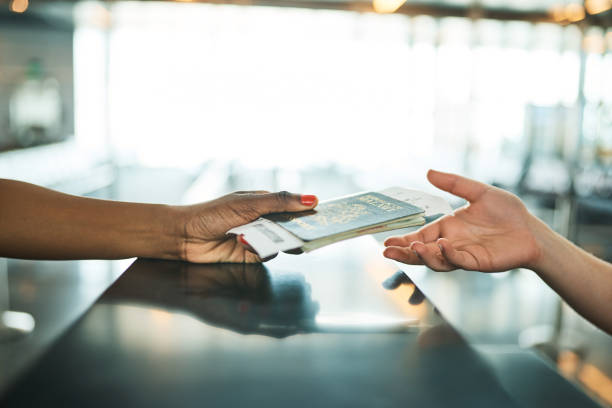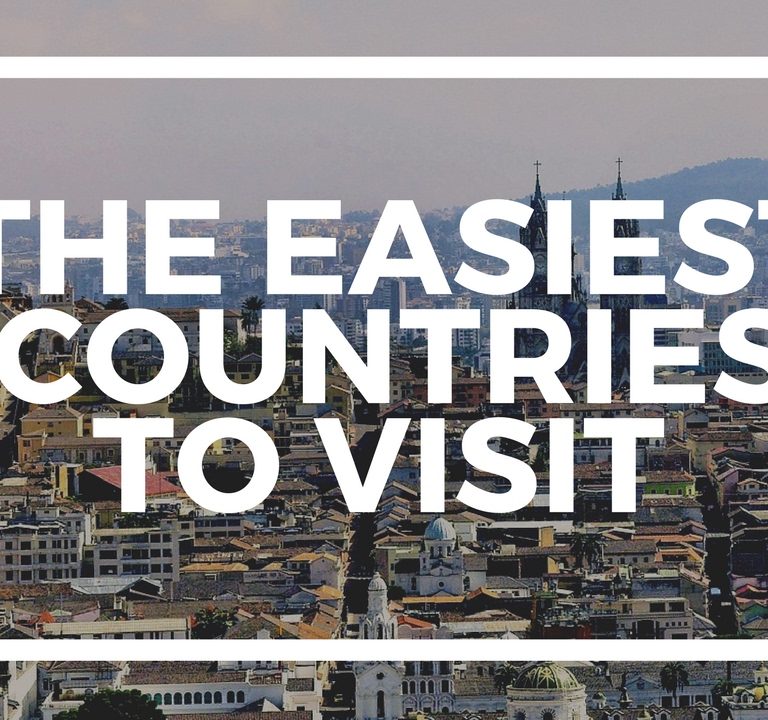A Comprehensive Guide to Navigating the Visa Application Process
Looking for a comprehensive guide to navigating the visa application process? This article provides step-by-step instructions, from determining the type of visa needed to preparing for travel. Understand the requirements, gather the necessary documents, complete the application form, and track the status of your application. Learn about the pros and cons of the process and find answers to frequently asked questions. Ensure a smoother visa application experience with this informative guide.
| Step | Description |
| 1. | Determine the Type of Visa Needed |
| 2. | Understand the Requirements |
| 3. | Gather the Required Documents |
| 4. | Complete the Visa Application Form |
| 5. | Schedule an Appointment |
| 6. | Attend the Interview (if applicable) |
| 7. | Pay the Visa Fee |
| 8. | Submit the Visa Application |
| 9. | Track the Application Status |
| 10. | Wait for the Decision |
| 11. | Receive the Visa |
| 12. | Prepare for Travel |
Determine the Type of Visa Needed:
Before starting the visa application process, it is crucial to determine the specific type of visa you require for your purpose of travel. This could be a tourist visa, work visa, student visa, or business visa. Each visa category has its own set of requirements and conditions, so it’s essential to research and identify the correct visa type that aligns with your travel plans and intentions. Visit the official website of the embassy, consulate, or immigration department of the destination country to obtain accurate information about the visa categories and requirements.
Understand the Requirements:
Once you have identified the type of visa you need, thoroughly review the visa requirements. These requirements may include specific documents, forms, photographs, and fees. Pay close attention to the eligibility criteria, such as minimum financial resources, health insurance coverage, or sponsorship requirements. Make sure you understand and meet all the necessary criteria for the visa category you are applying for. Additionally, check if there are any specific conditions or restrictions associated with the visa, such as travel bans or required vaccinations.
Gather the Required Documents:
After understanding the visa requirements, create a checklist of the documents you need to gather. Commonly required documents include a valid passport with a minimum validity period, completed visa application form, proof of travel itinerary (such as flight tickets and accommodation bookings), financial documents to demonstrate your ability to cover expenses during your stay, employment letters or educational transcripts to establish your purpose of travel, and health certificates if required. Be sure to obtain any necessary supporting documents, such as invitation letters from the host country, travel insurance, or sponsorship letters.
Complete the Visa Application Form:
Download or obtain the visa application form from the official website of the embassy or consulate. Carefully fill in the form, providing accurate and complete information. It’s important to double-check for any errors or omissions before submitting the application. Ensure that all fields are filled correctly, and the information provided matches the supporting documents you have gathered.
Schedule an Appointment:
Determine if you need to schedule an appointment to submit your visa application. Many countries require applicants to book an appointment online or through a designated system. Check the official website for the specific instructions regarding appointment scheduling. Select a convenient date and time for your appointment, keeping in mind any processing timelines or travel plans. Make sure to note down the appointment details and any required documents you need to bring with you.
Attend the Interview (if applicable):
Depending on the visa category and country, you may be required to attend an in-person interview at the embassy or consulate. The purpose of the interview is to assess the credibility of your application and gather additional information if needed. Prepare for the interview by researching common interview questions related to your visa category and practicing your responses. Be confident and articulate during the interview. It is essential to bring all the required documents to the interview, including the originals and copies. Dress appropriately and arrive on time for the interview.
Pay the Visa Fee:
Determine the visa application fee and the accepted payment methods. The fee varies depending on the visa type and the country you are applying to. Check the official website or contact the embassy or consulate to obtain accurate information regarding the visa fee. Pay the fee through the designated payment channels, such as online payment or at a specified bank. Keep the payment receipt as proof of payment, as you may be required to present it during the application submission.
Submit the Visa Application:
On the scheduled appointment date, arrive at the embassy or consulate on time to submit your visa application. Make sure you have all the required documents in order and organized. Submit your completed visa application form, supporting documents, and passport to the designated officer. Be prepared to provide any additional information or answer any questions asked by the visa officer. Stay polite and cooperative during the submission process.
Track the Application Status:
After submitting your application, it is advisable to track its status through the embassy or consulate’s online tracking system, if available. Many countries provide an online portal where you can enter your application reference number or tracking ID to check the progress of your application. It’s a good practice to keep a record of your application reference number or tracking ID for easy reference.
Wait for the Decision:
The visa processing time varies depending on the country and the type of visa you applied for. It is essential to be patient and avoid making any non-refundable travel arrangements until you receive a decision on your visa application. Delays may occur due to various factors such as high application volumes or additional security checks. If necessary, you can contact the embassy or consulate to inquire about the status of your application. However, be aware that frequent inquiries may not expedite the process and may even cause further delays.
Receive the Visa:
If your visa application is approved, you will receive the visa stamped in your passport or as a separate document. Carefully check the visa details for accuracy, including the validity dates, authorized stay duration, and any specific conditions or restrictions. If there are any discrepancies or errors, contact the embassy or consulate immediately for clarification or correction. Keep your passport and visa in a secure place as they are valuable travel documents.
Prepare for Travel:
Once you have obtained your visa, it’s time to start making necessary travel arrangements. Book your flights, accommodation, and any other required arrangements for your trip. Ensure you have all the necessary documents, including your passport, visa, and supporting documents, ready for travel. Familiarize yourself with the entry requirements and regulations of the destination country to avoid any issues at immigration. Pack your bags, prepare for your journey, and have a safe and enjoyable trip!
Pros and Cons
| Pros | Cons |
| Provides legal authorization for travel | Can be a time-consuming process |
| Enables international travel | Visa requirements and eligibility criteria can be strict |
| Allows for specific purposes of travel | Visa fees can be expensive |
| Opportunities for work, study, or business | Possibility of visa application rejection |
| Offers access to different countries | Interview requirement for certain visa categories |
| Can lead to long-term residency or citizenship | Language barriers and translation requirements |
| Can open up new cultural experiences | Additional documentation and paperwork may be needed |
| Allows for international networking and collaboration | Complexity of the application forms and processes |
| Provides opportunities for personal and professional growth | Need for extensive planning and preparation |
Conclusion
In conclusion, navigating the visa application process requires careful planning, attention to detail, and adherence to specific requirements. While the process can be time-consuming and sometimes challenging, it offers numerous benefits and opportunities for international travel, work, study, and cultural experiences.
The visa application process provides legal authorization for travel and enables access to different countries, allowing individuals to explore new cultures and expand their horizons. It also offers opportunities for work, study, or business ventures abroad, opening doors to personal and professional growth. For those seeking long-term residency or citizenship, the visa application process may be a crucial step towards achieving that goal.
However, it is important to recognize the potential drawbacks of the process. Visa requirements and eligibility criteria can be strict, and visa fees can be expensive. There is also a possibility of visa application rejection, which can be disheartening and may require reapplication or appeal. Additionally, the process may involve interviews, language barriers, and the need for extensive planning and documentation.
To navigate the visa application process effectively, it is essential to understand the specific requirements, gather the necessary documents, and complete the application accurately. Keeping track of the application status and being patient throughout the waiting period is crucial. Seeking guidance from official sources, immigration attorneys, or visa service providers can help ensure a smoother process.
Despite the challenges, obtaining a visa can provide invaluable opportunities for personal, academic, and professional development. By understanding the process, being well-prepared, and remaining persistent, individuals can increase their chances of successfully obtaining a visa and embarking on exciting international journeys.
FAQS
Q: How long does it take to process a visa application?
A: The processing time for a visa application varies depending on the country and the type of visa. It can range from a few days to several weeks or even months. It is advisable to check the official website or contact the embassy or consulate for the specific processing times for your visa category.
Q: Can I apply for a visa online?
A: Many countries now offer online visa application systems. Check the official website of the embassy or consulate to see if they provide an online application option. If available, you can submit your application online, upload supporting documents, and track the status of your application electronically.
Q: What should I do if my visa application is rejected?
A: If your visa application is rejected, it is essential to review the reasons provided for the rejection. You may have the option to reapply, appeal the decision, or provide additional documentation to address any concerns raised by the immigration authorities. Consult the embassy or consulate for specific guidance on the next steps.
Q: Can I apply for a visa without a travel itinerary or accommodation bookings?
A: The requirement for a travel itinerary or accommodation bookings can vary depending on the country and the type of visa. While it is common to provide these documents as proof of your travel plans, there may be alternative options or exemptions available. Check the specific visa requirements or consult the embassy or consulate for guidance in such situations.
Q: Can I use a visa service provider or immigration attorney to assist with my visa application?
A: Yes, you can choose to use a visa service provider or seek assistance from an immigration attorney to help with your visa application. They can provide guidance, review your documents, and ensure that your application meets all the requirements. However, it’s important to choose a reputable and experienced service provider or attorney.
Q: Can I travel with an expired visa if I have applied for a visa renewal?
A: Generally, traveling with an expired visa is not recommended, even if you have applied for a visa renewal. It is best to wait for the decision on your visa renewal application before making any travel plans. Some countries may offer a visa extension or a bridging visa that allows you to remain legally in the country while your application is under process. Check with the immigration authorities or consult an immigration attorney for guidance specific to your situation.
Q: Can I apply for a visa on arrival?
A: Some countries offer visa-on-arrival services for certain nationalities. This means that you can obtain a visa upon arrival at the port of entry. However, not all countries provide this option, and there may be specific requirements and conditions for visa-on-arrival. It is crucial to research and confirm the visa requirements of the destination country before traveling.
